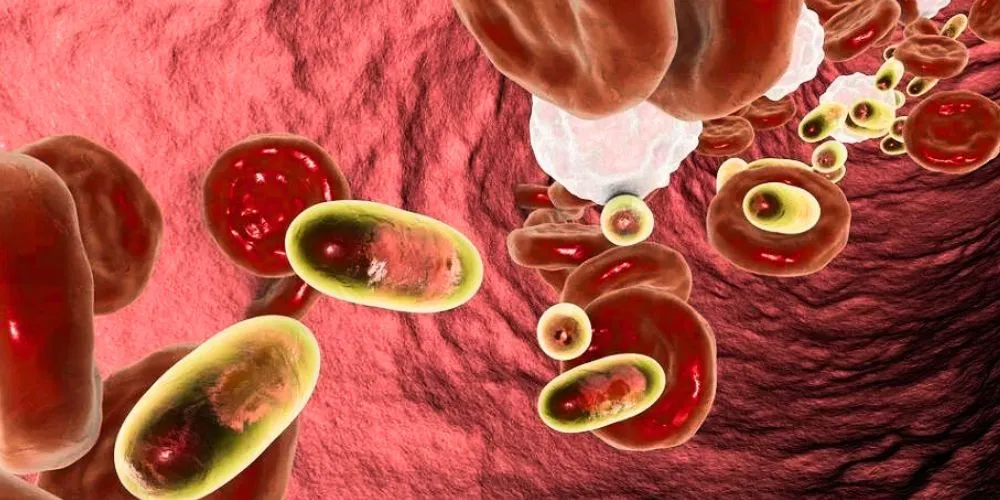Nanomedicine represents a revolutionary intersection of nanotechnology and medicine, where minuscule nanoparticles and nanoscale materials are harnessed to diagnose, treat, and prevent diseases. This emerging field promises to revolutionize healthcare by providing innovative, more precise, less invasive, and highly effective solutions. In this comprehensive exploration, we will delve into the realm of nanomedicine, understanding its significance, diverse applications, and profound impact on the present and future of healthcare.
The Significance of Nanomedicine
Nanomedicine represents a significant leap forward in healthcare, offering unparalleled precision and versatility in diagnosis and treatment.
Targeted Therapies
One of the most transformative aspects of nanomedicine is its ability to deliver drugs and therapies with pinpoint accuracy. Nanoparticles can be engineered to target specific cells, tissues, or even individual molecules, minimizing side effects and maximizing therapeutic efficacy.
Early Disease Detection
It has enabled the development of compassionate diagnostic tools capable of detecting diseases at their earliest stages. Nanoscale sensors and imaging agents provide unprecedented insight into the body’s internal workings, facilitating early intervention and personalized treatment plans.
Personalized Medicine
Nanomedicine paves the way for personalized medicine, where treatments are tailored to an individual’s genetic and physiological makeup. This approach ensures patients receive therapies optimized for their specific needs, improving outcomes and reducing adverse effects.
Applications of Nanomedicine
Nanomedicine’s versatility finds applications across various medical disciplines, promising breakthroughs in various fields.
Cancer Treatment
It has ushered in a new era in the fight against cancer. Nanoparticle-based drug delivery systems can target cancer cells directly, sparing healthy tissues and minimizing the harsh side effects of traditional chemotherapy. Additionally, nanoparticles can be used for imaging and early detection of tumors.
Drug Delivery
Nanoparticles play a pivotal role in drug delivery, enabling the transport of therapeutics to specific sites in the body. This precise delivery mechanism enhances drug efficacy, reducing the required dosage and associated side effects.
Neurological Disorders
Nanomedicine offers hope in the treatment of neurological disorders. Nanoparticles can cross the blood-brain barrier, a formidable obstacle in drug delivery, allowing for the targeted treatment of conditions like Alzheimer’s and Parkinson’s.
Regenerative Medicine
Regenerative medicine, another frontier of healthcare, benefits immensely from nanomedicine. Nanoscale materials serve as scaffolds for tissue engineering, promoting cell growth and regeneration. This technology holds great potential for repairing damaged organs and tissues, offering hope for patients needing transplants or regenerative therapies.
Infectious Disease Management
It provides innovative solutions to infectious diseases. Nanoparticles can be designed to target and neutralize pathogens, offering alternatives to traditional antibiotics. This approach is especially promising in the face of emerging antibiotic-resistant strains of bacteria.
Challenges and Ethical Considerations
The advancement of nanomedicine has challenges and ethical considerations that warrant careful attention.
Safety and Biocompatibility
While nanomedicine holds immense promise, ensuring the safety and biocompatibility of nanoparticles is paramount. Rigorous testing and research are essential to assess potential long-term effects and toxicity, guaranteeing patients’ well-being.
Regulatory Oversight
As nanomedicine continues to evolve, clear regulatory guidelines are imperative to ensure the safety and efficacy of these innovative therapies. Regulatory bodies must keep pace with advancements in the field to provide a framework that fosters responsible development and use of nanomedicine technologies.
Ethical Use of Data
The collection and analysis of vast amounts of patient data in personalized medicine raise ethical concerns regarding privacy and data security. Safeguarding patient information is a legal and ethical obligation to protect individuals’ personal information.
The Future of Nanomedicine
The trajectory of nanomedicine points toward a future where healthcare is more precise, effective, and accessible.
Nanorobots and Nanosurgery
One of the most exciting frontiers in nanomedicine is the development of nanorobots capable of performing precise surgical procedures at the cellular or molecular level. These microscopic robots have the potential to revolutionize surgery, making procedures less invasive and more precise than ever before.
Targeted Gene Therapies
It opens new horizons for targeted gene therapies. With nanoscale precision, correcting genetic mutations responsible for inherited diseases becomes possible. It promises hope for patients facing conditions that were once considered incurable.
Global Health Solutions
Nanomedicine has the potential to address global health issues, offering cost-effective and scalable solutions for diseases that disproportionately affect underserved populations. By harnessing the power of nanotechnology, healthcare can become more accessible and effective on a global scale.
Conclusion
Nanomedicine is not just an evolution; it is a revolution in healthcare, offering hope and innovative solutions to patients and medical professionals alike. Its significance extends beyond its ability to diagnose and treat diseases; it represents a paradigm shift in healthcare. As nanomedicine continues to evolve, we must navigate its development with ethical considerations and patient well-being at the forefront.
The future of this field is radiant with possibilities, where the tiny becomes a powerful tool for healing and health. It is the vanguard of a healthcare transformation, where precision and effectiveness redefine the boundaries of medical science, paving the way for a healthier and more promising future.





